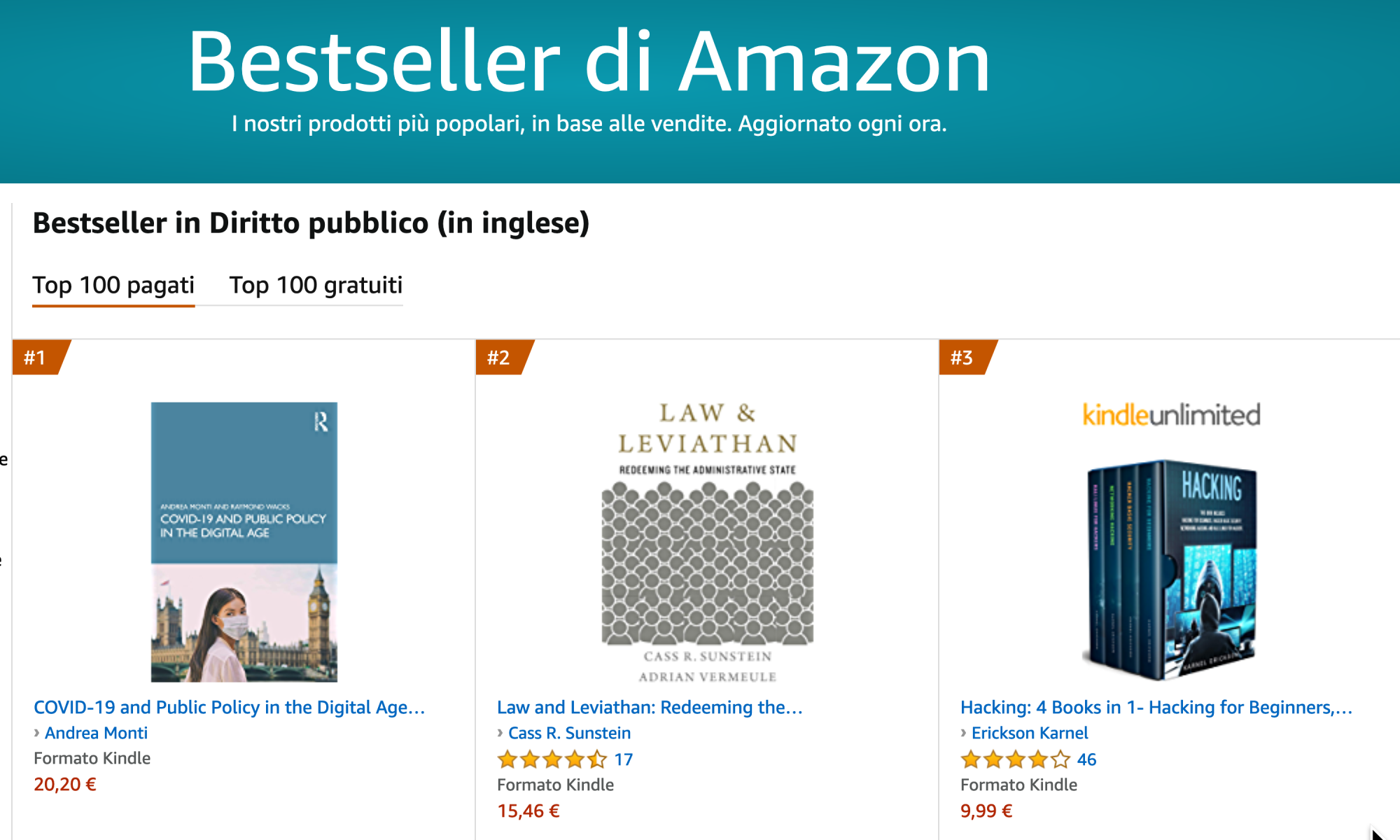Twitter’s decision to close former US President Trump’s accounts has sparked heated controversy that have confirmed the absence of a vision on the role of fundamental rights in the European political agenda. The analysis of Andrea Monti Originally published in Italian by Formiche.net
In a somewhat reductive way, the closure of the Twitter account of the (soon to be) former US President Donald Trump and, in cascade, the blocking of other network services that hosted platforms related to the American right, have raised alarms about the excessive power assumed by Big Tech. These companies have shown that they can intervene autonomously and according to their agenda in exercising political rights in a sovereign state. Continue reading “The EU and the rhetoric of fundamental rights”

